House Color Choice
House color choice depends on the taste, dimensions, and color of the household items. Choosing the best colors for different parts of the house involves a combination of personal preferences, the purpose of the space, and some basic principles of color theory. In this article, we are trying to give tips that will help you choose the best color for different rooms of your home.
1. Room Usage
. Living Room Color
This room is a central and public space for socializing, and most of the family members’ time is spent there. Using neutral or warm colors such as cream, light gray, or soft blue can create a pleasant atmosphere in the living room.
. Kitchen
It is better to consider bright and energizing colors such as yellow, red, or orange for the home kitchen. These colors can stimulate the appetite and create a lively environment for the lady of the house.
. Bedroom
Soothing colors such as light blue, light green, pink, or neutral colors for the bedroom can be the best choice. These colors can induce relaxation and better sleep.
. Workroom
Workroom color that increases concentration and productivity. Soft green, blue, or neutral colors such as white and gray that do not draw your attention too much can be a good option for your workroom at home.
. Child Room
The child’s room color is usually dependent according to the gender and age of the children. But in general, try to use happy and uplifting colors for the child’s room. Colors such as yellow, orange, red, pink, blue, and purple are ideal options for children’s room color.
2. Room Size and House Color
Light colors make rooms appear larger, while dark colors can make a room feel cozier. If you have a small room, consider lighter colors to create the illusion of more space.
3. Room Lighting
Natural and artificial light can significantly affect the effect and appearance of a color. Test color swatches in different lighting conditions to see how they look day and night. Then choose the best color for the room according to the lighting of the house and the direction of natural light during the day.
Home lighting plays an important role in how colors are perceived in a space. The type, intensity, and color temperature of light sources can significantly affect how colors appear. Here are some considerations about the effect of home lighting on house color selection:
1. Natural Light
Colors can look different in natural daylight compared to artificial light. Consider the orientation of your windows and how sunlight enters the room during the day. North-facing rooms usually receive cooler light, while south-facing rooms may receive warmer light.
2. Artificial Light
. Incandescent lamps
These lamps emit warm and yellow light. Wall color may appear more saturated and warmer under incandescent lights.
. Fluorescent lamps
Fluorescent light has a cold, bluish tint and affects how you perceive colors. Some people do not like this light because it’s very pleasant.
. LED lamps
LED light is available in different color temperatures from warm to cold. Choose LED bulbs with a color temperature that complements your house color scheme.
3. Color Temperature
The color temperature of light is measured in Kelvin (K). Warmer temperatures (around 2700K-3000K) evoke a cozy and pleasant atmosphere, while cooler temperatures (above 4000K) create an energetic and modern feel.
4. Light Intensity
The light intensity can affect color perception. High light can make colors appear more vibrant, while low light may make colors appear muted or dull.
5. Light Reflection
Light-colored walls reflect more light and make the space brighter. Dark walls absorb more light and create a more cozy atmosphere. If a room has limited natural light, using lighter colors can help increase the light effect of the room.
6. House Color Test
Always test color swatches in a real room and different lighting conditions. Wall colors may look different in-store compared to your home.
7. Brightness Layer
Combine different light sources like LED, lamp, etc. to get the best house color. This can create a balanced and dynamic lighting environment and increase the attractiveness of room color.
4. Consistent Color Scheme
Create a color palette that flows well from room to room. Use a base color for most parts of the house and then make it pop by adding bright shades or contrasts in different areas.
5. The 60-30-10 Rule in House Color
Choose a dominant color that covers about 60% of the space. Choose a secondary color for about 30% of the home’s space. In the remaining 10%, use distinctive colors to create highlights. This helps to maintain balance and visual appeal.
6. Architecture and Style
The architectural style of your home can affect the choice of house color. Traditional homes are usually better suited with classic colors, while modern homes look more attractive using bold or minimalist palettes.
7. Painting Samples
Always test paint samples on a small section of the wall before committing to an entire room. Colors can look different in a small sample compared to the whole wall.
8. Personal Preferences
In the end, what is effective in choosing your best house color is your interests and preferences. Choose room colors that you like and feel comfortable with.
9. Online Tools
Many paint brands offer tools or online programs that allow you to view different wall colors in a room. This software can help you a lot in visualizing the house colors in your desired space.
10. Be Up to Date
In choosing the best color for your home or workplace, take advantage of new ideas and classic color tables that are updated annually. By choosing modern and new colors, you will find your home or office pleasant and stylish for years.
Remember that the things mentioned are general guidelines and there are no hard and fast rules for choosing colors for your home. So trust your instinct and choose the colors that make you feel happy and comfortable in your living space.
Aref Chemical is an experienced and honest consultant in choosing the best color for your home. Our colleagues are ready to answer your questions 24 hours a day.


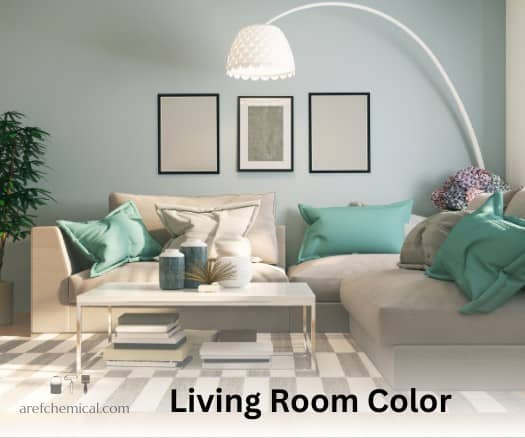
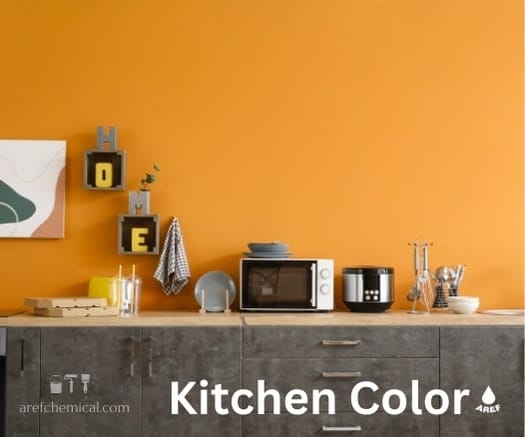
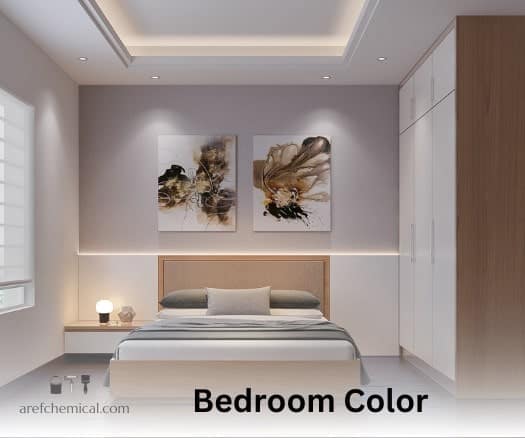
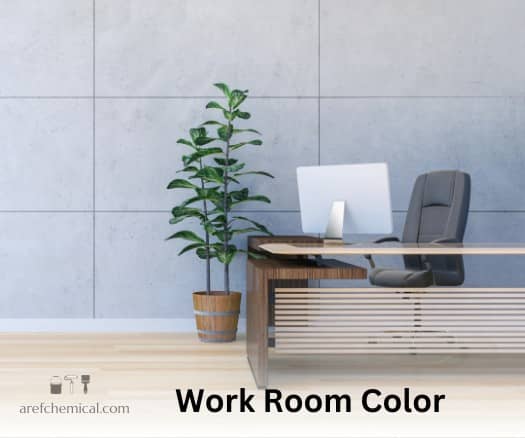
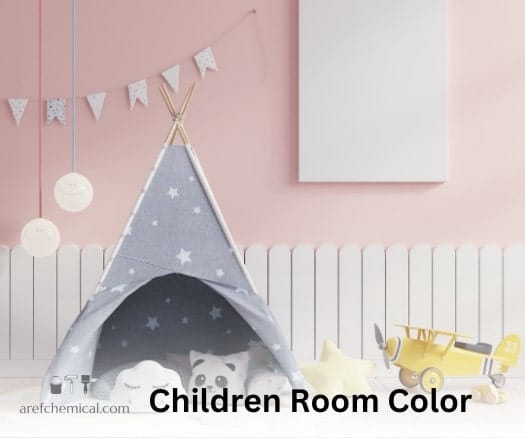


10 Responses
What is the color of year 2024?
Pantone has just just announced “Peach Fuzz” or PANTONE 13-1023,” the 2024 Color of the Year.
Very very good text about house color choice. But I need more details. please complete your article.
Sure. Thanks
Perfect.
I really liked the color of the year 2023
https://qomtamirat.com/
great
https://daroosf.com/%D9%85%DA%A9%D9%85%D9%84-%D8%A8%DB%8C%D9%88%D8%AA%DB%8C%D9%86/
thank you
https://qomtamirat.com/
Thank you.
https://qomtamirat.com/
oh thanks
https://qomtamirat.com/